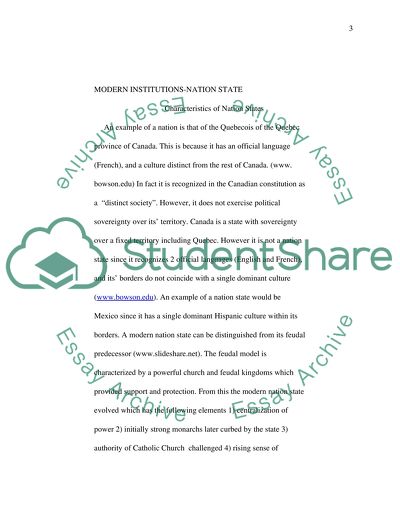Cite this document
(“Modern Institutions - Nation States Essay Example | Topics and Well Written Essays - 1500 words”, n.d.)
Retrieved from https://studentshare.org/sociology/1436553-modern-institutions-nation-states
Retrieved from https://studentshare.org/sociology/1436553-modern-institutions-nation-states
(Modern Institutions - Nation States Essay Example | Topics and Well Written Essays - 1500 Words)
https://studentshare.org/sociology/1436553-modern-institutions-nation-states.
https://studentshare.org/sociology/1436553-modern-institutions-nation-states.
“Modern Institutions - Nation States Essay Example | Topics and Well Written Essays - 1500 Words”, n.d. https://studentshare.org/sociology/1436553-modern-institutions-nation-states.


